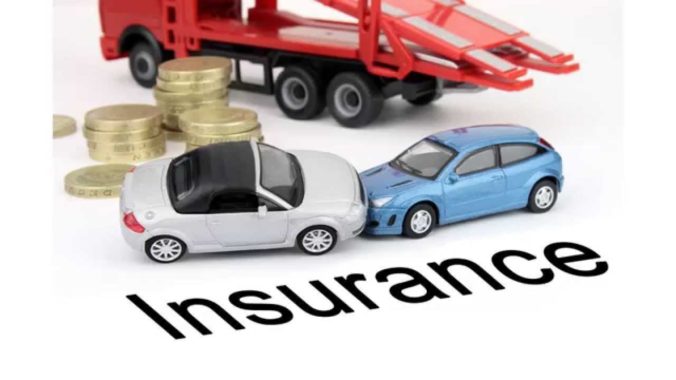- Get a car that’s cheap to cover. Certain car models cost more to insure than others. Cars that are safer and cost less, like minivans and SUVs, are cheaper to insure than expensive, fast sports cars.
- Be on your best behavior. Safe drivers with no history of accidents, tickets or arrests can look forward to cheaper rates than people who haven’t been as responsible. Convicted felons will also often have to pay more, even if their record isn’t related to driving.
- Take advantage of discounts. You may be able to get discounts if you are a veteran, get paperless statements, have a good driving record, bundle policies, are a student or have an anti-theft system, to name a few.
- Build good credit. Your credit score will often factor into your auto insurance rates – people with no credit pay 67% more than people with excellent credit on average. Insurers know that financial responsibility often correlates with responsibility in other areas of life. People with poor credit are more likely to file an insurance claim. To boost your credit score, always pay you credit bills on time and try to use less than 30% of your available credit.
- Look locally. There are several big-name nationwide auto insurers with lots of satisfied customers, but you don’t necessarily have to get coverage from a company that takes clients from all across the country. Plenty of car insurance companies only cater to customers in certain regions or states. These local insurers may provide lower rates but are often overlooked. Make sure to include them in your comparison, at least.
- Choose a higher deductible. An insurer may lower your monthly rates in return for a lower deductible – the amount you personally have to pay when you make a claim. That can save you money if you never have an accident. This approach makes the most sense for people who are very infrequent drivers.
- Select less comprehensive coverage. There are many types of car insurance. You will usually need liability coverage, to pay for the other person’s damages if you’re at fault in an accident. But you may not need collision damage (pays your repairs) or comprehensive coverage (pays for non-accident-related damages). Both pay out based on your car’s current value. If your car is older and will cost more to fix than to buy a new vehicle, it may not be worth it.
- Consider pay-per-mile plans. You don’t always have to pay a set amount per month. There are also plans based on how much you drive. If you have a car but rarely use it or only drive very locally, a pay-per-mile plan may be best for you. The insurance company will place a device in your car that tracks your mileage. It may also track things like your speed and braking, which could affect your rates positively if you’re a safe driver and negatively if not.
